Saving Stories and Savouring Paradoxes
Anna Vasof on Saving Some Random Insignificant Stories
Now nominated for the New Critics & New Audiences Award 2024, Greek-Austrian filmmaker Anna Vasof elaborates on the family tragedy at the heart of her film.
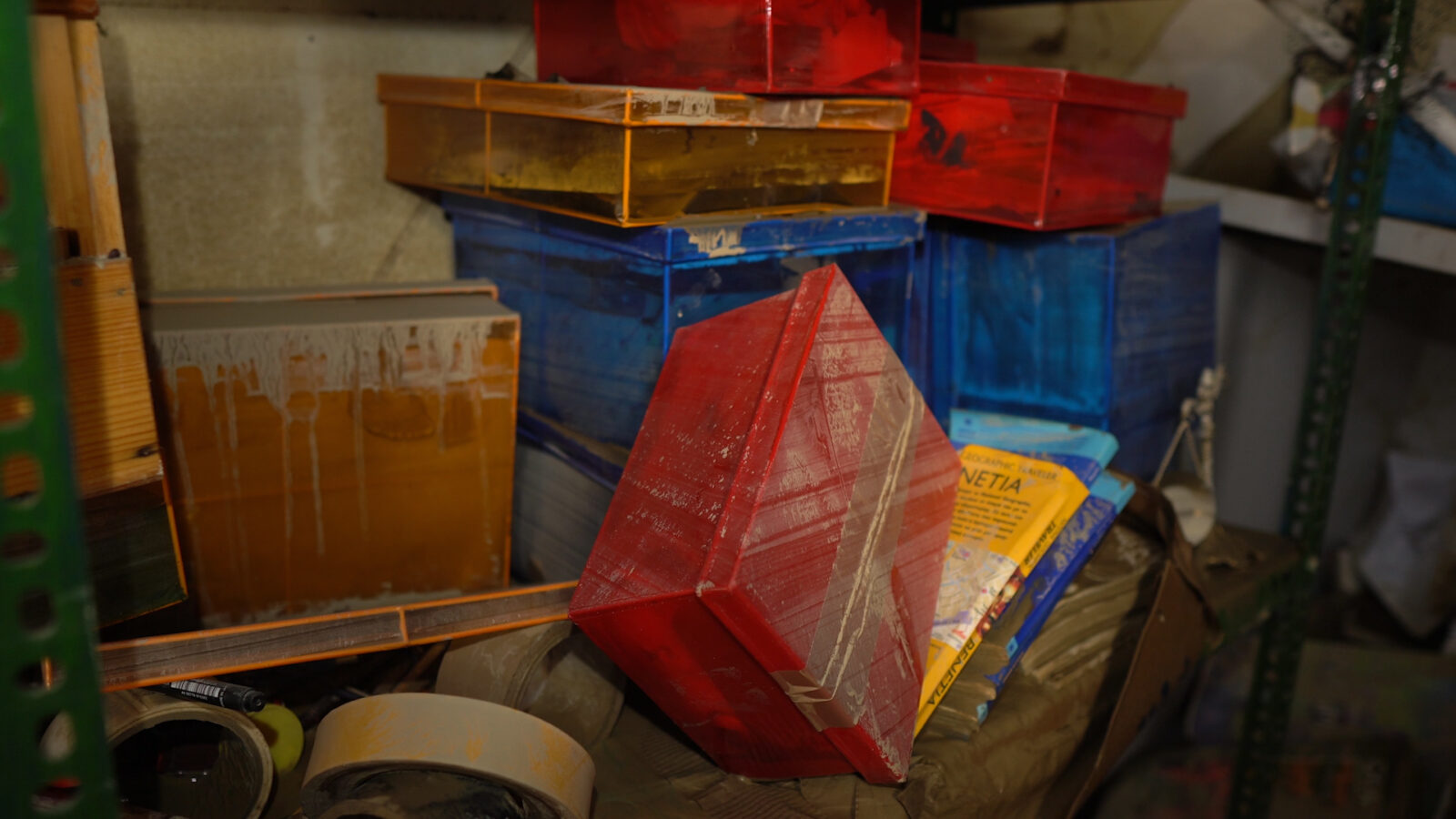
“I’ll tell you everything,” says Anna Vasof, beaming from the screen as she sits in the kitchen of her Vienna apartment. She speaks with warmth and surprisingly little nostalgia for her childhood home, her parents’ house, which is the subject of her short Saving Some Random Insignificant Stories. “I was here, at the table where I am sitting right now, it was a lazy Sunday, I was drinking coffee and reading the news.” No one could have predicted how the day would unspool, as she opened up a tab with the local newspaper of the area where her parents live in Greece to find out there had been a massive flood. “I saw my house, photographed, full of water, and when I called my parents, no one was picking up. Of course, I started to worry, and I could only reach my father after many hours; he told me they’d lost the house and everything.” At that point, she decided to pack and book an early morning flight. In the spur of the moment, she hesitated whether she’d bring a camera along, “because you never know what it may be useful for.”
So she goes, full of worries and a compact, travel-sized camera. On-site, it turns out it was the right call when the firemen and investigators ask her to help document the wreckage. “There were so many derelict houses and so little time, so I did the job instead of them.” But the classification and evidence of such a catastrophe hits differently when it’s your own house, the sobering distance diminishing with every muddy shot taken. “At that time, I was telling everyone that I was documenting the incidents and for the firemen, but most of the time, I was actually making this film. The way I saw it, I had an important mission, which helped me keep my sanity.” Saving Some Random Insignificant Stories was born out of equal parts accident and necessity, and the way it revisits an almost-fossilised personal past brings up questions about who we were and who we are now, looking back.
Vasof has a degree in architecture from the University of Thessaly in Greece, and has worked in transmedia art almost ever since. Therefore, it’s not surprising her voiceover opens Saving Some Random Insignificant Stories by mentioning architecture as a means to introduce the family house. It’s a home, a structure, a site of calamity, and a memory-laden place, all at once. Boxed up are the objects of the past and the traces of another life, and the paradox of tragedy has made them resurface once again in Vasof’s mind. “I found all my architecture models and the tools I used as a student, so I had a lot of material, but more interestingly, there was the model of my master’s thesis, which sought to solve a problem of flooding through floating: I was making houses that would float when water would come in.” In a way, the short film is built on paradoxes such as this one. “Paradoxes are indeed a very important element for me, not only for art, but in my life in general,” Vasof says. Perhaps what fascinates her is the way they “make us question our reality: on the one hand, they are melancholic, but on the other, they bring an element of freedom.” Asked whether paradoxes also find a place in architecture as structures seeking stability, she remarks this is also the reason she quit working as an architect, since “there is very little space, intentionally, for humour and paradoxes in practice there.”
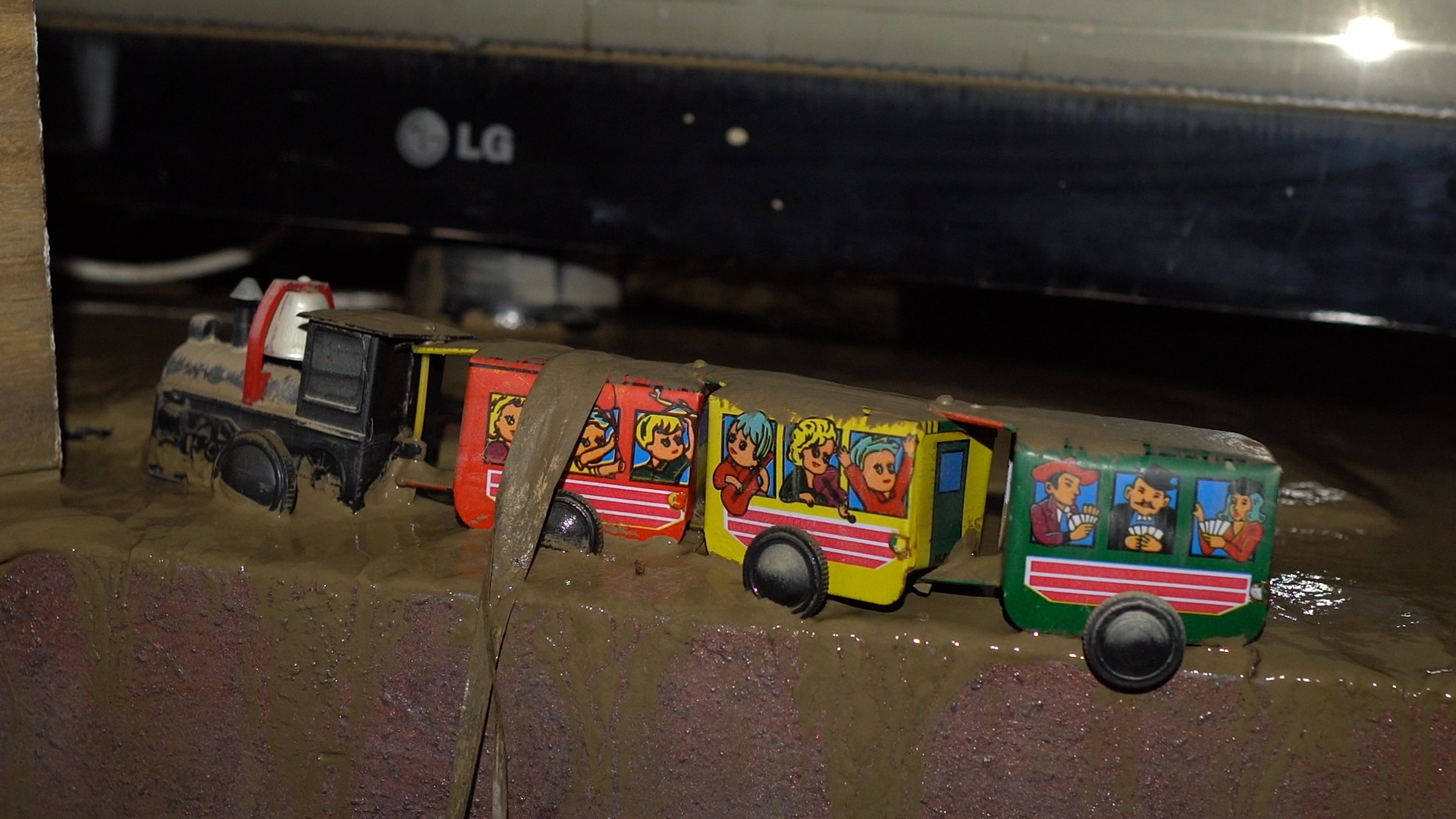
Saving Some Random Insignificant Stories
Unearthing the remains of a life stored away in drawers and closets, Saving Some Random Insignificant Stories figures out how to properly say ‘goodbye’ on its own terms. Because Vasof was not allowed to touch or move anything before it was documented for insurance purposes, the only way she could come into contact with her own past was through the camera lens. “There were my models, books, pencils, and clothes—all stuff I had already forgotten about and frankly didn’t care for, because they belong to the past, not to the present.” The three days spent filming gave Vasof enough prompts to remember stories which would then become the film’s narrated script, but it all began with the objects. Every frame, every book that’s fallen apart, a dirty cup, all of them contain a world in themselves.
“I’ve always liked objects, as well as collecting them as material for art,” Vasof admits, and her sincerity reveals yet another paradox, fitting for the way her camera sways in front of an open cabinet to then linger on the remnants with a mix of curiosity and longing: “I don’t care about objects, but I deeply care about them. It’s kind of poetic somehow,” she adds.The act of documenting in Saving Some Random Insignificant Stories, as a result, oscillates between remembering (as one) and sharing (as another); these processes run parallel to one another while the film fills up its runtime as a cup of warm tea on a frosty winter morning.
But is it as easy to maintain an emotional relationship with the objects filmed throughout the editing stage? After grouping the chosen items with their respective stories, Vasof had to make harsher decisions at the selection phase, where “as every editor knows, sometimes we have to throw away the best material to create and command a better flow.” Interestingly enough, editing is also about saving the significance through the insignificant, it seems. For this second stage, the director had some help. A Mexican friend of hers ended up being a soundboard for the first version of the film: where Vasof would recount the stories, her friend would listen. “I would observe how she listened and I would then show her the objects; I’d keep the ones that made her laugh the most.”
With this process in mind, one can see why the film approaches its themes of loss with a kind of considerate playfulness. That’s a word Vasof herself uses when describing her artistic practice and it may be startling at first, to conceive of a playful disposition towards grief. But when it comes to a past as tangibly lost as a flood destroying countless memory containers, it may not be all that final. Even if it also feeds into a universal, existential fear of the future with climate change, the grief of losing a home is still very much a personal experience. This is what the filmmaker wanted to externalise: “It’s the way to fight it, you know, when I don’t present it as a cliche. So my way of dealing with these anxieties is to resist by making films.” For Vasof, films like Saving would avoid the pity-trap that makes audiences scared or distant. Instead, she seeks to relate with the audience, in settings and stories that are familiar and family-related. “I’m sure a lot of people’s grandmothers collect weird photograph frames or have to wash the dishes before putting them in the dishwasher out of respect to the machine.”
Vasof’s continued resistance to alienation and existential dread keeps bringing her and her camera to liminal situations. For example, she’s currently working on a feature-length documentary about a hospice in Tirol, Germany. “People don’t want to deal with death, illness, and the speed at which they come to us. But I was invited to help tell the stories of people who are dying, which is much more difficult than that of my parents’ house, of course. But this space is also extremely paradoxical, because you have intense life and death at the same time, in the same space.” She relates the two projects on this account and admits that Saving Some Random Insignificant Stories was “the easy part.” She presents it in such a way “because it was about me, my personal stories, and my house. But if another person’s life is at stake, how do you do that without harming anyone along the way?”
In the end, the answers concerning endings and beginnings may read simply but are never, in fact, simple. Yes, the past passes. Yes, life ends. But how does one deal with the in-between? “We don’t need to deal with everything. It’s perfectly okay if we don’t,” Vasof says, “but we have to be conscious of that process.” Fittingly to the natural disaster that made Saving Some Random Insignificant Stories, she discusses awareness in terms of earthquakes: it’s better to have it happen from time to time, to prevent massive destruction out of nowhere. In a similar way, the Greek director can teach us how to—if you permit me—microdose on grieving. How? By using humour (respectfully), embracing life’s paradoxes, and just “be a little bit braver.” That’s good advice, coming from an ex-architect and a saviour of stories.
Saving Some Random Insignificant Stories was nominated for the New Critics & New Audiences Award at FeKK – Ljubljana Short Film Festival by Öykü Sofuoğlu, Florian Saerens, Francesco Bacci, Nini Shvelidze, Nika Šmid and Agnès Houghton-Boyle, the participants of the European Workshop for Film Criticism #2.
All six nominated films are available to watch from February 7 to 21, 2024. Create an account to vote for your favourite film. The winner receives a cash prize of €1000,-. Participants can win a one-year subscription to This Is Short, the European streaming platform for short films.
New Critics & New Audiences Award is a project by the European Network for Film Discourse (The END), hosted by Talking Shorts, and funded by the Creative Europe MEDIA Programme. With the support of This Is Short.


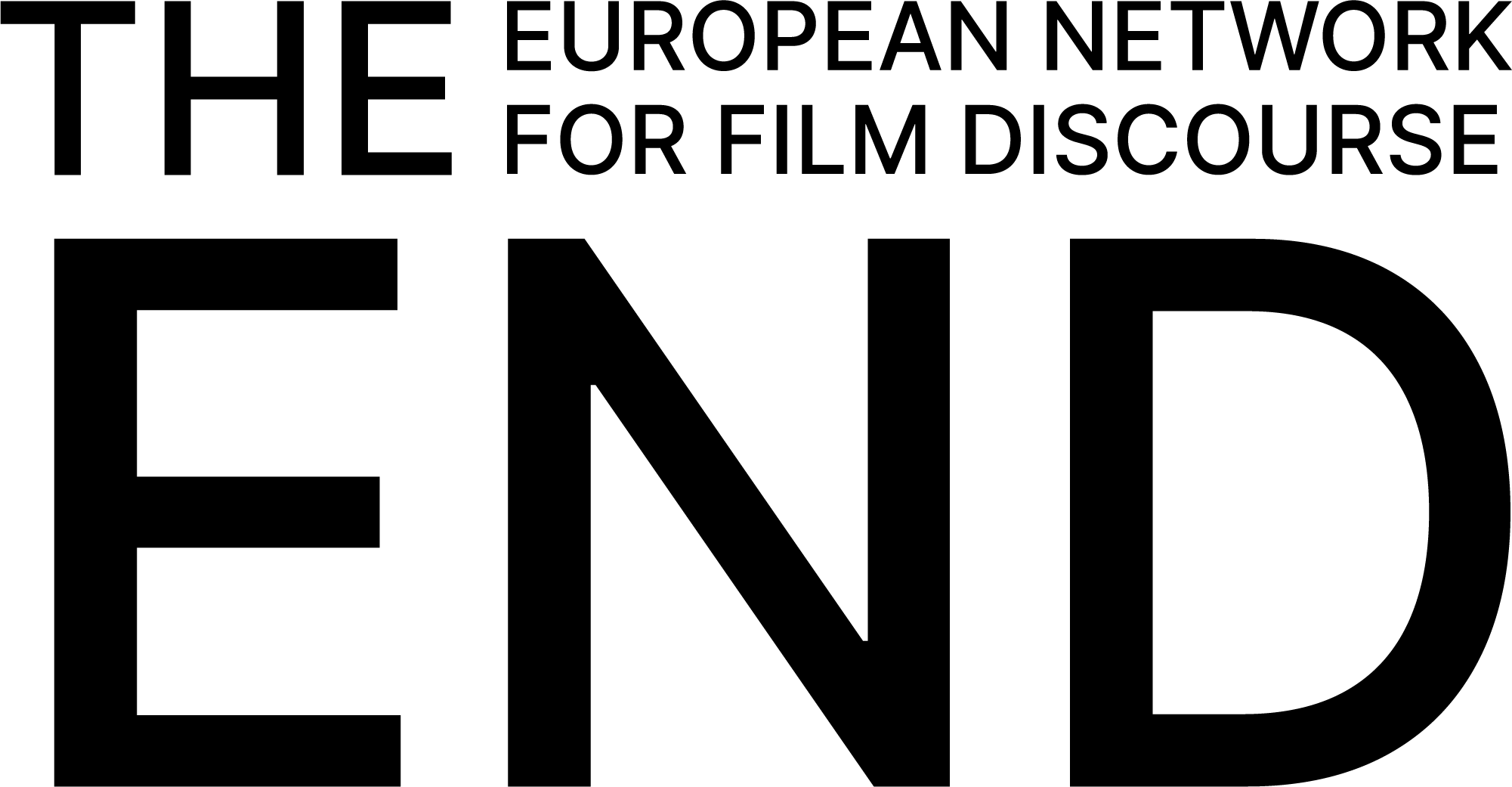



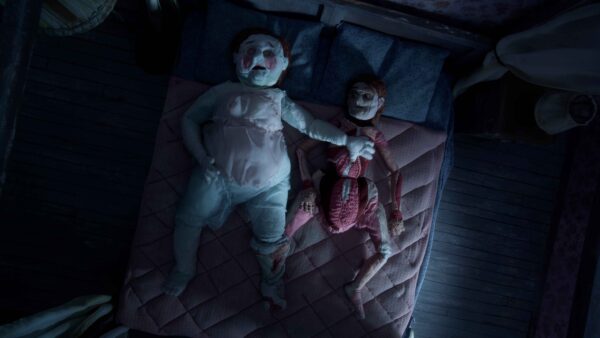
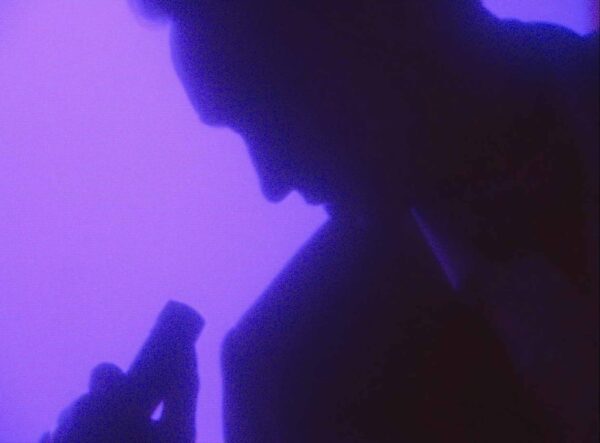
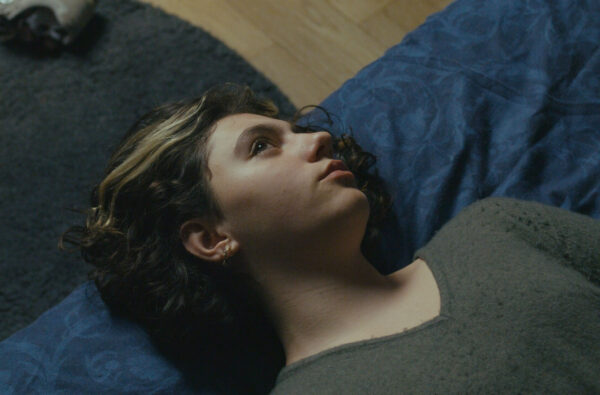
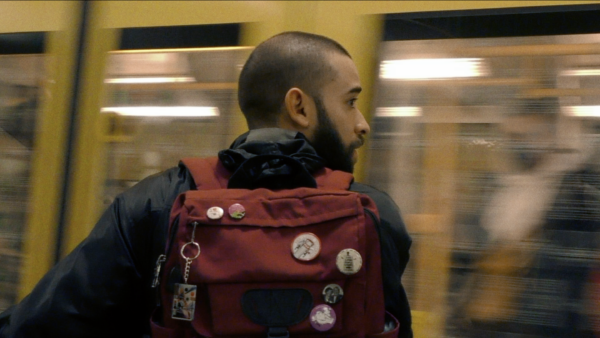
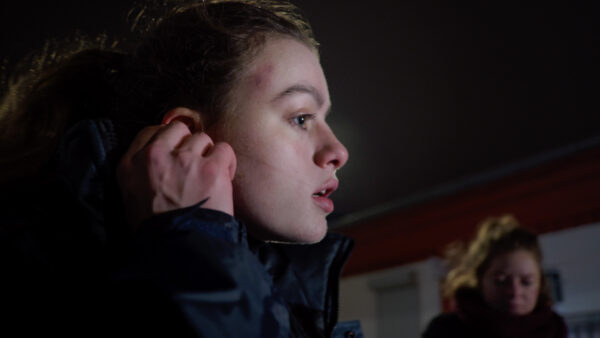

There are no comments yet, be the first!